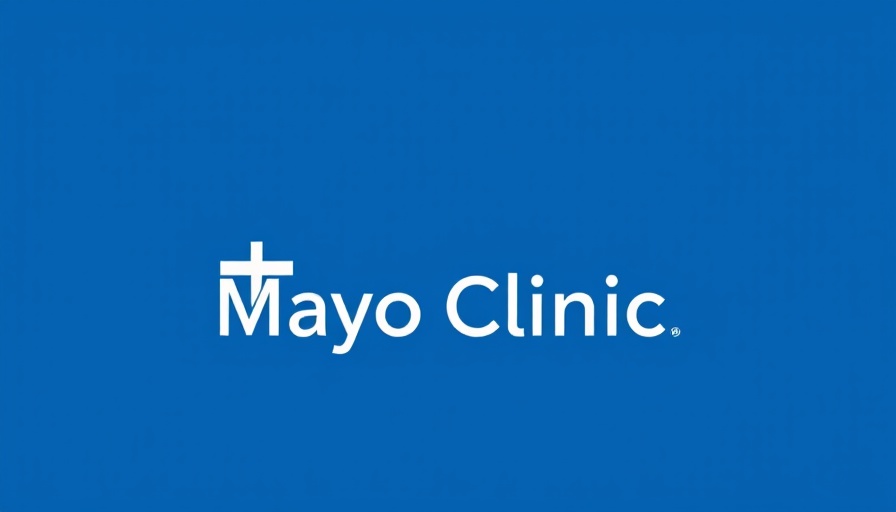
Empowering Concierge Medical Practices in Pain Management
Chronic pain management is a complex journey that requires more than just prescribing medication. Concierge medical practice owners have a unique opportunity to offer a personalized touch that goes beyond the typical medical interactions. By thoroughly understanding and tuning into their patients' individual needs, these practices can significantly enhance patient care and satisfaction in pain management.
When we talk about chronic pain, we often think about the medications that come with a set of potential benefits and risks. Medications, while crucial, should not be the lone focus. Building robust patient relationships and understanding the complexities of their pain experiences is fundamental in making informed medication decisions. This personalized care model helps practices distinguish themselves, securing their position as top local medical providers.
Historical Context of Pain Management Strategies
The evolution of pain management has been significant over the decades. From the once near singular reliance on opioids to a multi-faceted approach that includes lifestyle change, physical therapy, and psychological support, the landscape has changed dramatically. The shift underscores the necessity for a balanced approach in managing chronic pain—a practice that concierge medicine inherently supports through its patient-centered focus.
Understanding this historical progression gives concierge practitioners a nuanced view of why integrating direct communication and a variety of treatments is essential. It shapes expectations and guides the comprehensive care that helps patients experience a better quality of life.
Keys to Balancing Medication with Comprehensive Care
For concierge practices, the challenge lies in effectively balancing medication use with other treatment avenues. Empathetic communication is key. Engaging patients openly about their experiences with pain and medication can lead to insights that enhance treatment effectiveness. Additionally, it's essential to educate patients on the potential risks and benefits of their medication, underscoring the value of a holistic treatment plan.
The integration of other therapies such as cognitive-behavioral therapy (CBT) or mindfulness meditation can often provide significant benefit alongside medication. These complementary approaches have shown promise in reducing pain and improving patient mental health, aligning with the comprehensive care ethos that concierge practices strive for.
The Power of Empathy in Chronic Pain Management
To truly connect with patients, concierge practices must prioritize empathy in every appointment. Understanding that pain is not just a physical experience but an emotional journey is crucial. Empathetic patient care builds trust and fosters an environment where patients feel safe to express themselves, leading to better health outcomes.
The role of concierge physicians is not merely as a prescriber of medication but as a guide, helping patients navigate their pain management with compassion. This ethos places the patient and their unique story at the forefront, highlighting the human aspect of every treatment plan.
 Add Row
Add Row  Add
Add 






Write A Comment